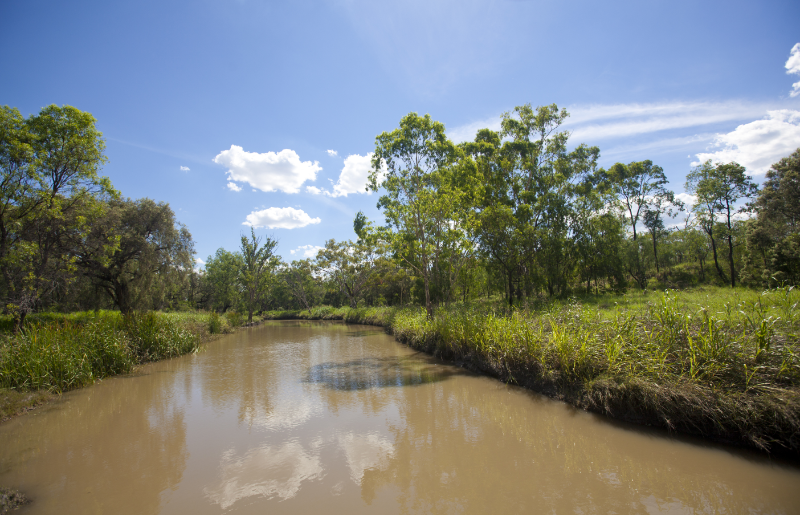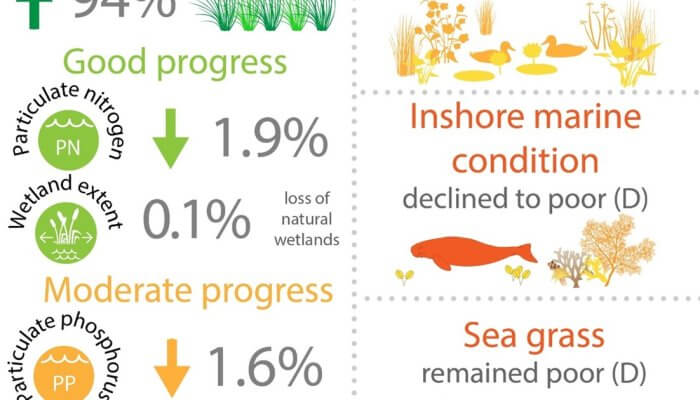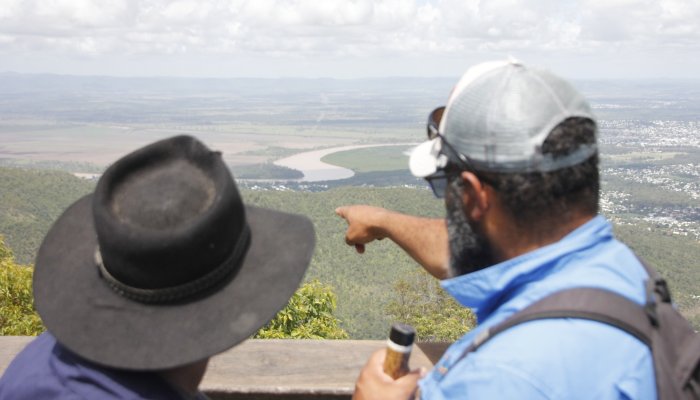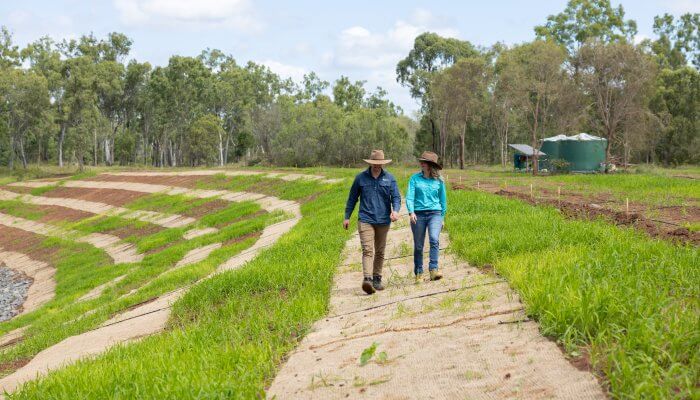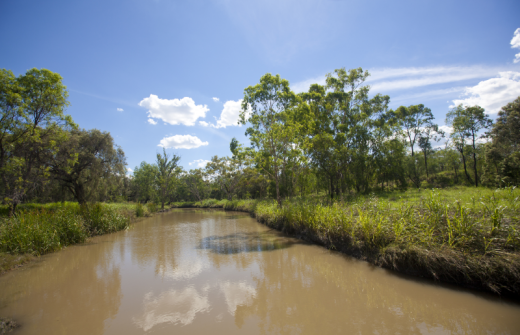
8 ways to… care for creeks from the backyard!
Posted on December 24th, 2017
1. Compost!
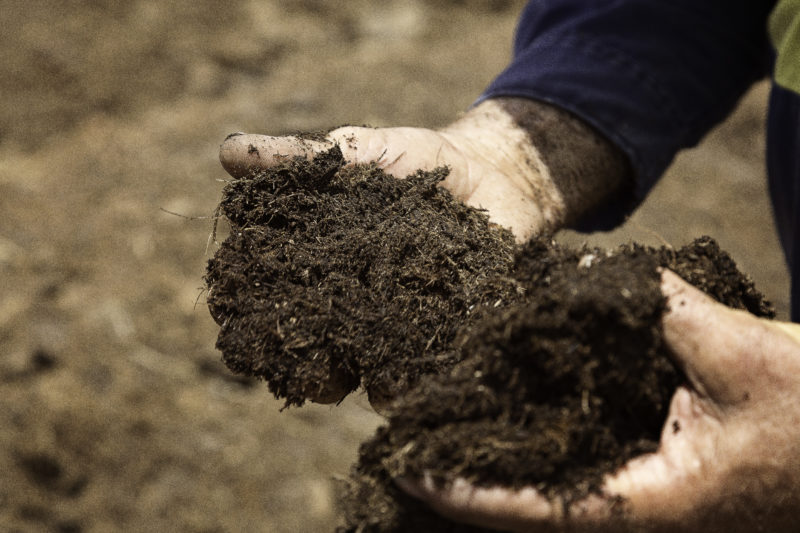
It’s critical to dispose of lawn clippings and green waste in a responsible way.
Ideally, compost is the most beneficial to the environment.
Dumping clippings over your fence will lead to the spread of weeds.
Why waste it when you can turn it into useful compost?
On average, it takes compost 2-6 months to decompose.
Why compost? It reduces the amount of new pollution, helps plants grow better and it makes for a safer environment, needing less watering, fertilisers and pesticides. Additionally, composted soil reduces erosion!
2. Provide a sanctuary for local wildlife!
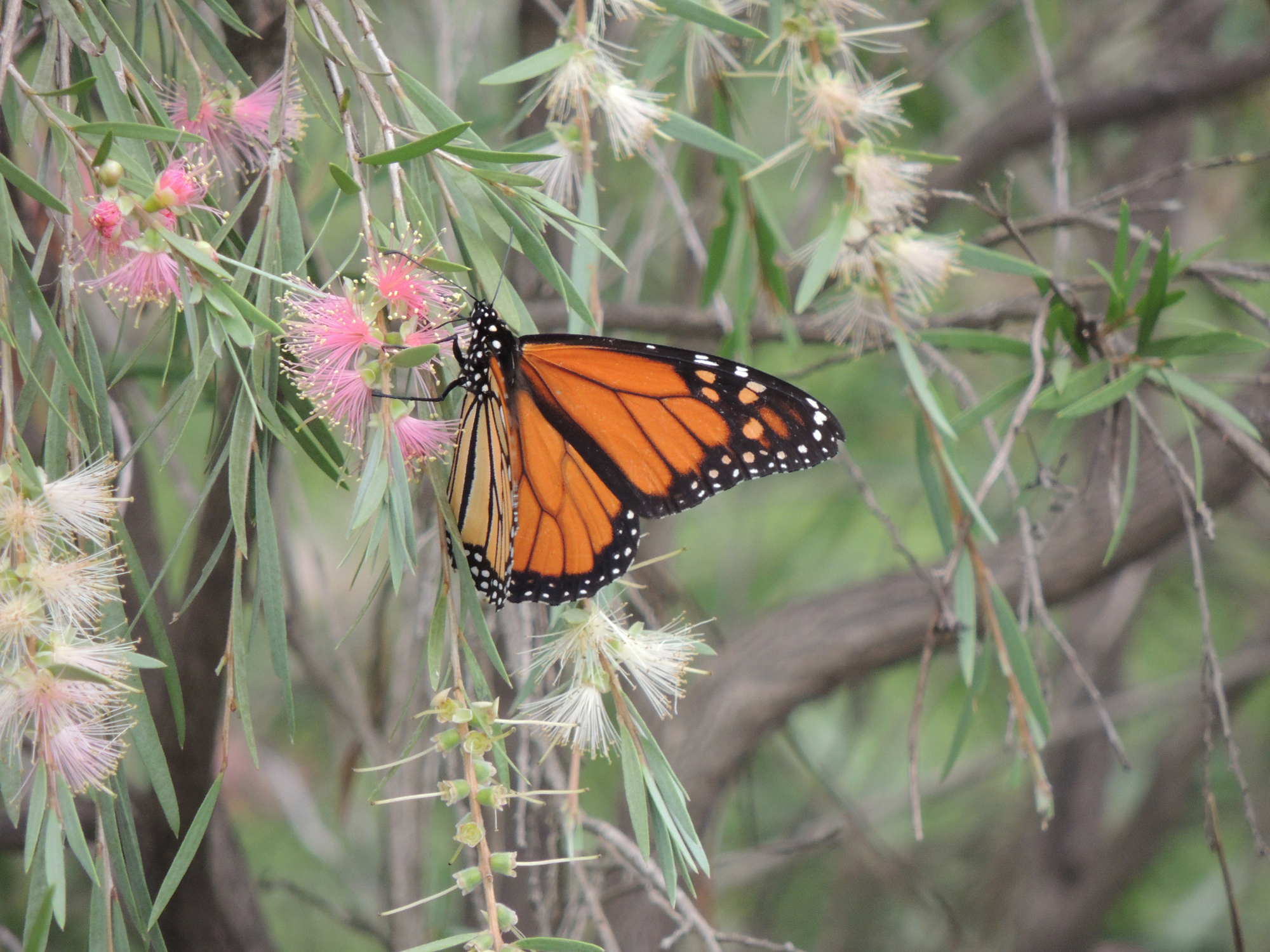
If you like spending time in your backyard, chances are animals will too!
Simple features like a birdbath or water source will attract birds and frogs.
Compost heaps, healthy soils and plenty of plants will encourage critters, snails or bugs.
Introduce flowers and you’ll see the ecosystem begin to thrive – with butterflies and native bees coming to say hi and pollinate!
Create a valuable stepping stone between existing wildlife corridors for native animals.
3. Mulch your garden beds
Mulching creates a natural barrier to seed germination and supressing weeds.
There’s also lots of other benefits including:
reduces soil erosion
improves moisture retention
improves soil quality
protects roots from the sun’s heat
stimulates microbial soil activity
4. Grow native plants

Native plants are adapted to local environments, requiring less energy to care for them.
Think less water, time and money!
Not only do native plants provide food for animals but they prevent the spread of exotic plants that could become noxious weeds in our creeks.
Plants like Lantana that look pretty in a pot are actually Weeds of National Significance.
To source native seedlings or plants, contact your local Greening Australia office
The Rockhampton branch of the Queensland Society for Growing Australian Plants meet on the fourth Friday of every month at 7:00pm – learn more here:
5. Slow the flow of water
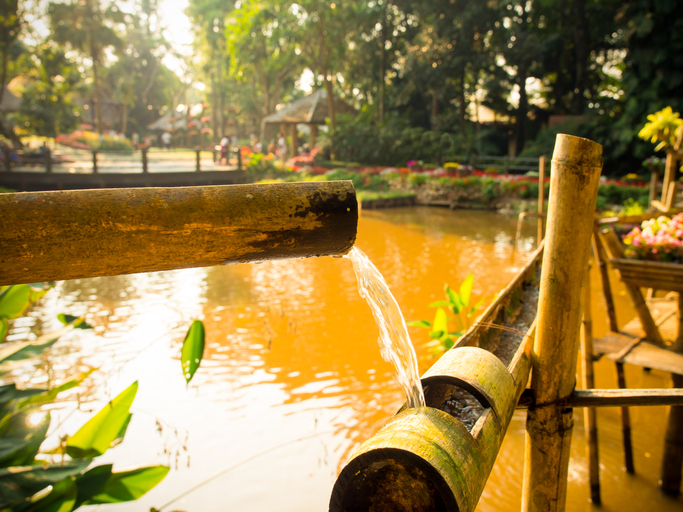
Stormwater generated by rain running off your roof, driveway, footpaths and other impervious or hard surfaces carries everything with it.
The soil, organic matter, litter, fertilisers from your gardens and oil residues from your driveway can be carried and pollute downstream waterways.
Minimise the area of hard surfaces such as paved areas, roofs and concrete driveways and try to grade hard surfaces, during construction to drain to vegetated areas.
6. Harvest your own rainwater
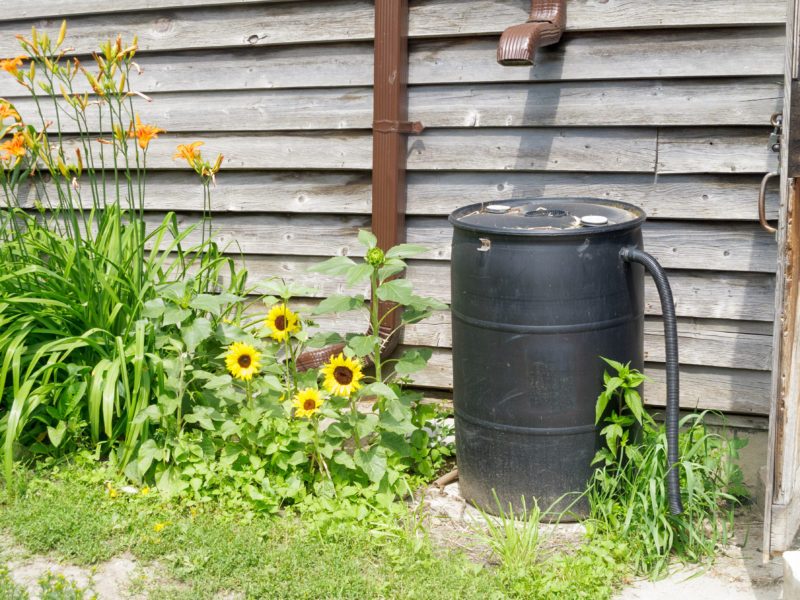
Water is the world’s most precious resource, so why would we allow it to go to waste?
By harvesting your own rainwater, you can provide around 50% of a four person household’s water needs!
Strategically place buckets, tanks or pipes to redirect flow –
Installing a tank to collect rainwater from your roof and gutters means you can reduce your water bills, provide an alternative supply during water restrictions and help maintain a green, healthy garden.
7. Learn about your local native plants and animals
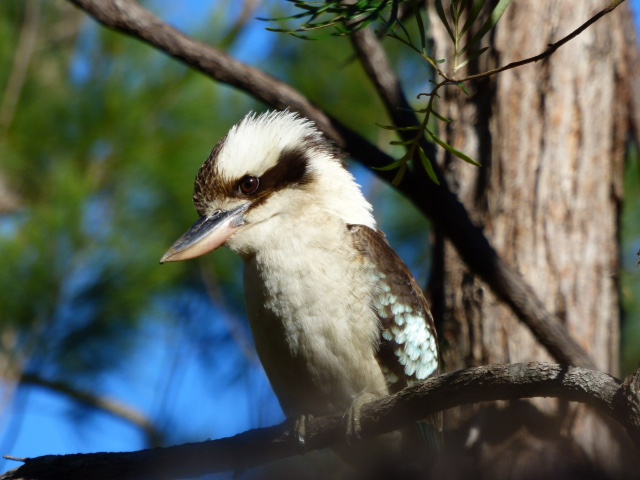
Australia’s native flora and fauna are iconic and unique –
We boast a mind-boggling 24,000 species of native plants compared to England’s 1700!
In terms of our native animals, Australia’s is home to at least 600,000 species, with our isolation have ensuring many of these species are found nowhere else on Earth!
The more you learn about our native occupants, the more passionate you’ll become about protecting them and providing healthy and safe habitats!
A great starting point for native flora can be found here:
To learn more about our native animals – read more here:
In the Fitzroy Basin, we host a range of wonderfully strange and unusual fauna, from our bum-breathing turtle to a species of wallaby previously believed extinct for 40 years!
Read more about CQ’s endemic species on our website here:
8. Avoid overuse of chemicals in your garden
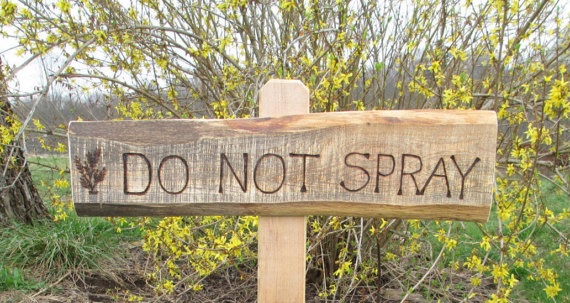
Chemicals of any description is best limited in the home garden – for several reasons:
- There is always an organic remedy to any organic problem!
- Long-term implications are largely still being determined
- Chemical free backyards ensure the safety of children and pets
- Run-off to storm-water drains will be cleaner, less toxic and less harmful to waterways, animals and plants!
Pesticides, herbicides and fertilisers are regulated in Australia under the Australian Pesticides and Veterinary Medicines Authority and are subject to labelling and testing regulations. If you are going to use chemicals, ensure you are aware of the active ingredient before use!





